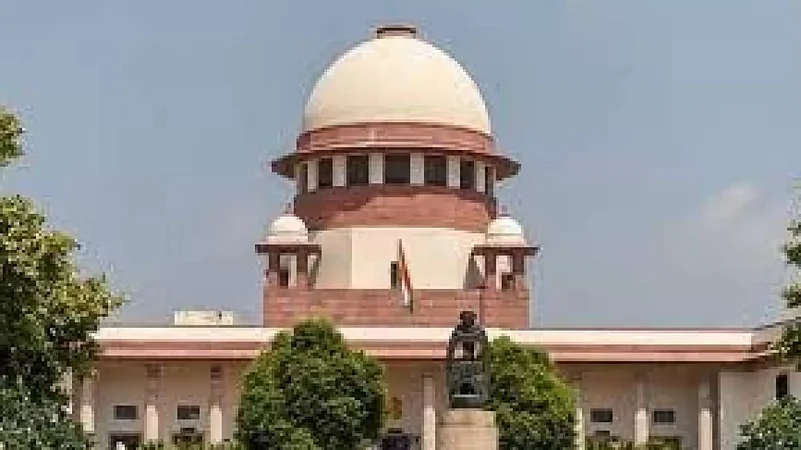The Supreme Court has sought the presence of two lawyers, including an advocate-on-record (AoR), to explain how a petition could have been filed for declaring Articles 20 and 22 as ultra vires Part III of the Constitution.
While Article 20 of the Constitution deals with protection in respect of conviction for offences, Article 22 pertains to protection against arrest and detention in certain cases.
According to the rules framed by the Supreme Court under Article 145 of the Constitution, only advocates designated as advocate-on-record can plead for a party in the apex court.
The plea, which sought declaring Articles 20 and 22 of the Constitution as violative of some other Articles, including 14 (equality before law) and 21 (protection of life and personal liberty), came up for hearing before a bench headed by Justice Sanjay Kishan Kaul.
The bench, also comprising Justices Sudhanshu Dhulia and Manoj Misra, noted that a request for deferment was made before it on the ground that the main counsel was not available.
"We would require the presence of the so called 'main counsel' and the 'Advocate-on-Record' as to how such a petition could have been filed," the bench said in its order passed on October 20.
The apex court has posted the matter for hearing on October 31.
The bench noted the prayer made in the plea, filed by a Tamil Nadu resident, which said, "Declare Article 20 and 22 of the Constitution of India, 1950, as ultra vires Part III of the Constitution of India, 1950, as violative of Articles 14, 15, 19 and 21 of the Constitution".
-With PTI Input


























